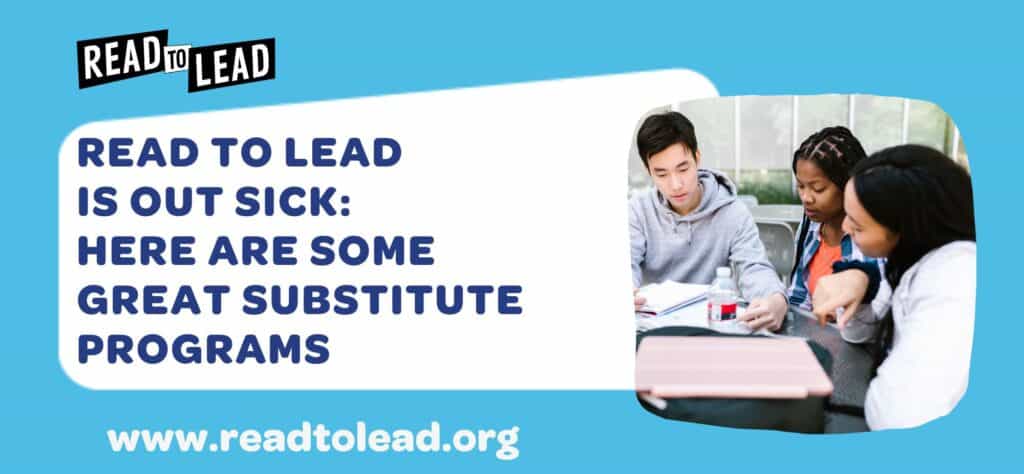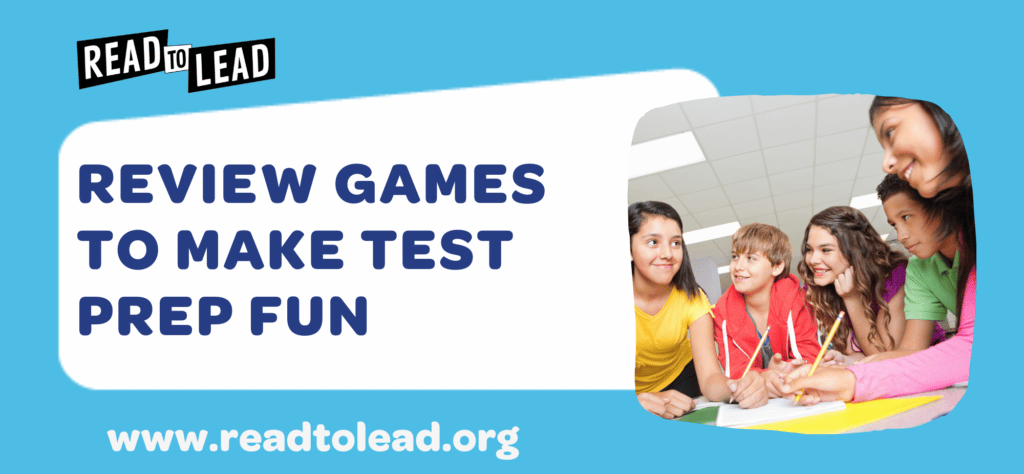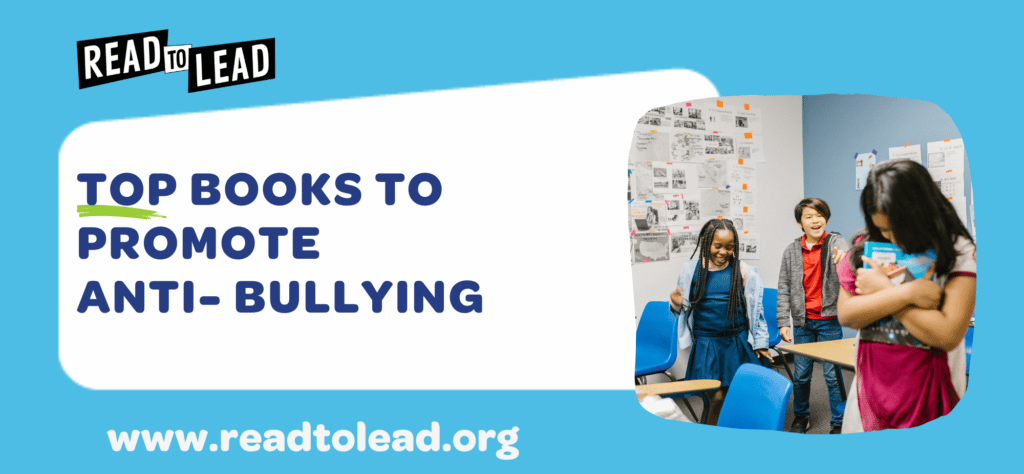Writing is an essential life skill, particularly in an age where much of our communication is taking place via text-based channels like emails, social media and blog posts. Beyond communication however, writing, and specifically speech writing, offers students an opportunity to nurture their voice, express their thoughts and opinions, and increase their agency, both in the classroom and in their communities.
Cultivating Student Voice, Creating Student Agency
Simply put, student agency is all about giving students a voice and choice in how they learn. It gives them the chance to be active agents in their own education. There are a multitude of reasons why giving students agency is beneficial, and ways in which we can work to elevate student voices in our classrooms.
In the English Language Arts (ELA) classroom, writing is a powerful tool that can encourage students to find their voice and use it. Indeed, voice is one of the most important elements of good writing, that conveys to the reader who the writer is and what they stand for.
Yet, too often, students are not given the opportunities to cultivate their own unique voice, and end up producing poor imitations of others’ work – and along the way, feel robbed of their agency and ability to learn in a way that suits them best. Creative writing using “what if” prompts or open-ended narratives, image writing based on single or multiple pictures, and writing responses to text-based information are all ways in which we can help our students develop their voice.
For students in middle school, speech writing can also be included in ELA lessons as a powerful tool to teach students how to instil their voices in their writing, while at the same time increasing their agency. Voice is most easily captured in the spoken word, hence speech writing easily lends itself to helping students discover their unique ways of expressing themselves.
As educators, we are well aware that each student learns, grows and expresses themselves in different ways. Speech writing helps solidify the belief in our students’ minds that their voice matters, by helping them feel confident in the way they express themselves. This confidence also translates into other areas of their lives, including giving them agency to learn in a way that best suits their abilities and style, as well as to undertake projects in their community.
Teach Speech Writing Using Read to Lead
Instilling our students with the skills to write a great speech may feel like a daunting task. Read to Lead has some useful resources to get started.
The Read to Lead learning games offer a variety of close reading and literacy skill-building lessons to help students build their literacy and leadership skills. These lessons aim to achieve objectives such as being able to read closely to make inferences, cite evidence, interpret words and phrases, analyze word choice, and evaluate content.
As a complement to the game Community in Crisis, the Read to Lead platform features a collection of speeches delivered by political figures. These close reading lessons expose students to authentic speeches and give them a taste of what it means to have their own unique voice. Students also have a chance to learn more about concepts such as cooperation, responsibility and perspectives, particularly in the context of serving a community.
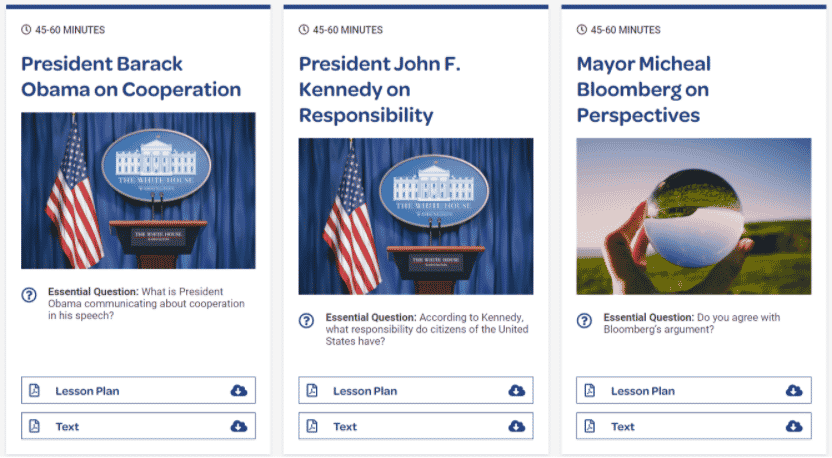
Building on this, the game Vital Signs is designed to fulfill College and Career Readiness Anchor (CCRA) Standards through close reading of a diverse collection of articles. Topics include non-violent resistance, the water crisis in Flint, Michigan, and anti-bullying efforts, and relate directly to needs or problems students may encounter in their own communities.
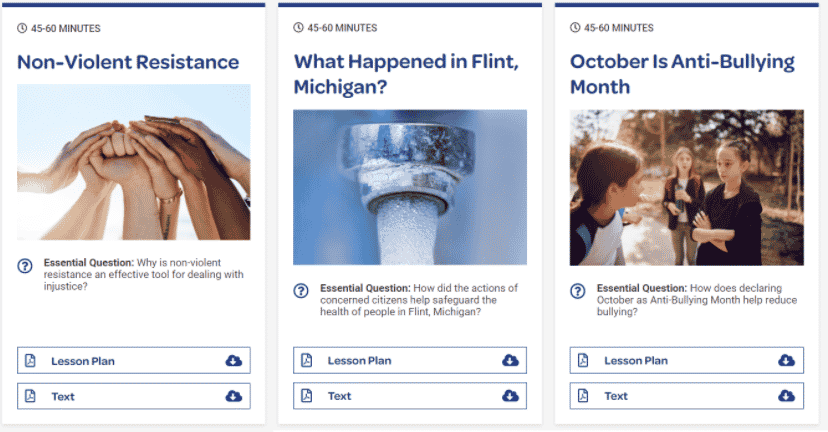
These lessons are easily adapted to teach speech writing, by encouraging students to share their thoughts on relevant and relatable topics in a speech format. They can also hone their expressive skills by giving a rousing call to action, or seeking to inform and educate listeners on the topic. Beyond the classroom, these lessons can serve as a springboard for students to launch their own community projects that address real needs.
The Read to Lead platform was created with a flexible approach in mind, to allow these lessons to be used for in-person, remote, and hybrid class settings. As such, implementing these lessons in your classroom (whether virtual or in-person) is a breeze.
Student Agency Leads to Action
Building tomorrow’s leaders who have the confidence in their skills, abilities and voice starts in today’s classrooms. By incorporating lesson plans and activities that empower students to develop agency and connect with their communities, we can have an enormous impact on helping our students see their own potential for creating change.
Click here to sign up for Read to Lead and give your students the confidence and agency to engage with their community!
About Read to Lead
Read to Lead uses the power of game-based learning to empower middle school students to build literacy, life, and career skills. Teachers can sign up for a free account to get started!
